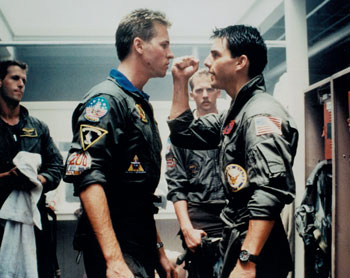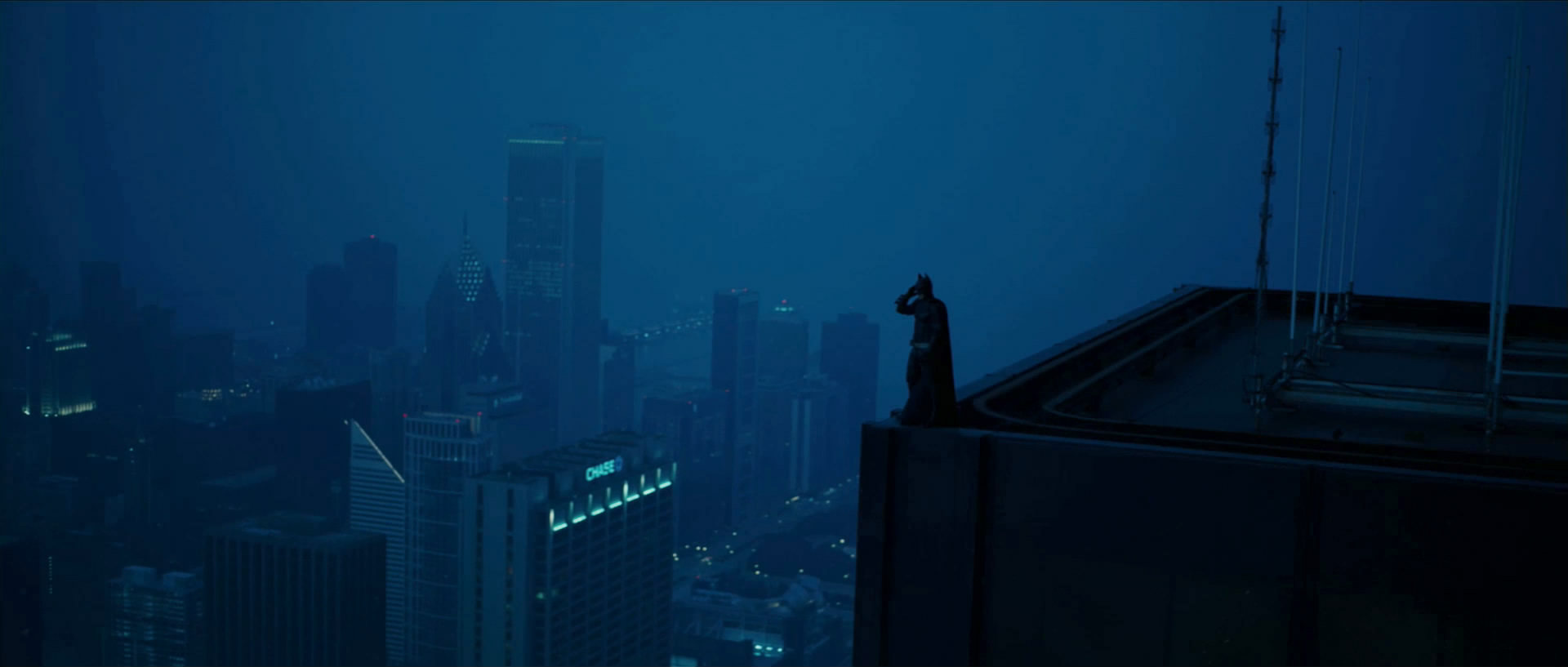write what you hate
"...another variant on the old chestnut of writing what you know. There are numerous sensible folks out there that have pointed out that writing what you know should not be literally interpreted as writing about your life or about your exact experiences. A broader and more useful interpretation is to use your emotional experiences to help drive your characters. And here’s where I come to the crux of writing what you hate. Hatred and anger are emotions like any other. They may be ugly and very not nice, but they are real. Everybody feels it (whether they admit it or not). Everybody has different pushbuttons that set them off–and most often we’re not in a position to really do anything sensible to blow off steam. So what am I to do with all this pent up angst and fury? Well, I’ll tell you. I’m going to go vilely murder someone. On paper of course."Done. Fuck croutons. Little pieces of shit-sellout soulless stale bread:
"As soon as Judas took the bread, Satan entered into him" John 13:27Fuck, there isn't anything I hate more. Sure, terrorists and communism and the Yankees, but we're (arguably) taking care of all those things. Nothing, unfortunately, is being done about the fucking cataclysm that is the crouton. No one has said anything to start what is a very necessary war - until now.
All great military strategists followed one of the most ancient principles of war, Sun Tzu's "Know Your Enemy." General Macarthur read Mein Kampf and all of his other enemies' books so as to better understand how they'd make decisions. The most brilliant modern day strategist, Robert Greene has this to say from
33 Strategies of War:
"The target of your strategies should be less the army you face than the mind of man or woman woman who runs it. If you understand how that mind works, you have the key to deceiving and controlling it. Train yourself to read [croutons,] picking up the signals they unconsciously send about their innermost thoughts and intentions...by finding your opponents' psychological weaknesses, you can work to unhinge their minds."Two important goals: Firstly, figure out who or what nation is the puppetmaster behind the atrocity of the sheer existence of the crouton. Secondly, we've got to get inside the heads and figure out exactly what they want. And so, I've done some of the preliminary research and analysis on these fuckers.
Wiki Croutons:"The word crouton is derived from the French
croûte, meaning 'crust.'"
No surprises there. Cheese-eating surrender monkeys fucking up the name and packaging and presentation of something that was fine as it was (bread), along the likes of water (now bottled and named and exploited) and...crepes (toss whatever the fuck you want in some dough.)
"A crouton is a small piece of sautéed or rebaked bread."
What the shit does rebaked mean? What was wrong the first time around? Some jackass french bakery owner who couldn't manage his business well enough (because he didn't want to do any
work) had a shitload of bread left over, so he decided to cube it up, dunk it in some olive oil and spices, toss it the oven, and dupe everyone into thinking it was a brilliant complement to a salad. Fuck you, frenchman.
"A dish prepared
à la Grenobloise has a garnish of small croutons along with brown butter, capers, parsley, and lemon."
Only pretentious assholes hold croutons in any reasonable regard. The rest of those garnishes in that "a la gremlins" nonsense are legitimate upgrades for your food. They come in a form thats been altered only once, not having undergone so many metamorphoses that it's totally unrecognizable from its original form. Spending money on croutons whether on your salad or by actually
purchasing them, you are making a blatant statement that you are so affluent with so much discretionary income that you can buy stale, dry, worthless bread - aka trash. Fuck you, you elitist prick.
"Nearly any type of unsweetened bread, in a loaf or pre-sliced, with or without crust, may be used to make croutons."
See, a blatant statement about how worthless croutons are. In econ, scarcity increases value. The less of something there is, the higher the price, the more work and resources you're willing to commit to glean whatever utility you desire from it. Steak over burgers for example. You pay more for a nicer cut of beef that's not processed, you spend more time and effort marinating and cooking it to your desired specifications, and you generally regard steak with higher standards and an understanding that you'll enjoy it more than a burger. Not croutons. "...nearly any time of unsweetened bread" - no fucking variety or originality or important characteristics distinguish them. The unique, specialized, highly valued breads from which they came no longer matter. It's all the same shit in crouton form, and accordingly tastes like its valued. As shit.
So what's to be done? The tricky part is that these things survive better than roaches. Most food - that is, nourishing, soulful and essential food - has to be stored in some particular fashion to preserve taste and freshness. Not croutons. Stale, dry, decrepit, and worthless - that's how the crouton is supposed to be - it can't go bad. Makes storage pretty easy.
"Monseuir Pierre, we 'ave no more plastic bags or refrigoration space for ze croutons!"
"Fuck off, boy. Can't you see it is noon and I 'ave finished working for 'ze day?! Don't bother me with your petty problems, or you'll have to go be unemployed with 'ze other nine percent of ze country. Throw ze croutons in the stable with ze donkeys. We'll say ze 'orrible smell is a new flavor!"Remind me not to try writing fiction. Whatever, the point is, fuck croutons, they're worthless. If your bread is stale, give it to a homeless shelter. Ship it off to North Africa. Throw it the fuck away. Do not buy into this uppity fad that's been around for decades too long. I'm declaring war on croutons, and in this war we are like Sith Lords, we only deal in absolutes. You're either with us and for the proliferation of a croutonless world, or you're against us and will be dealt with accordingly. The choice is yours.

